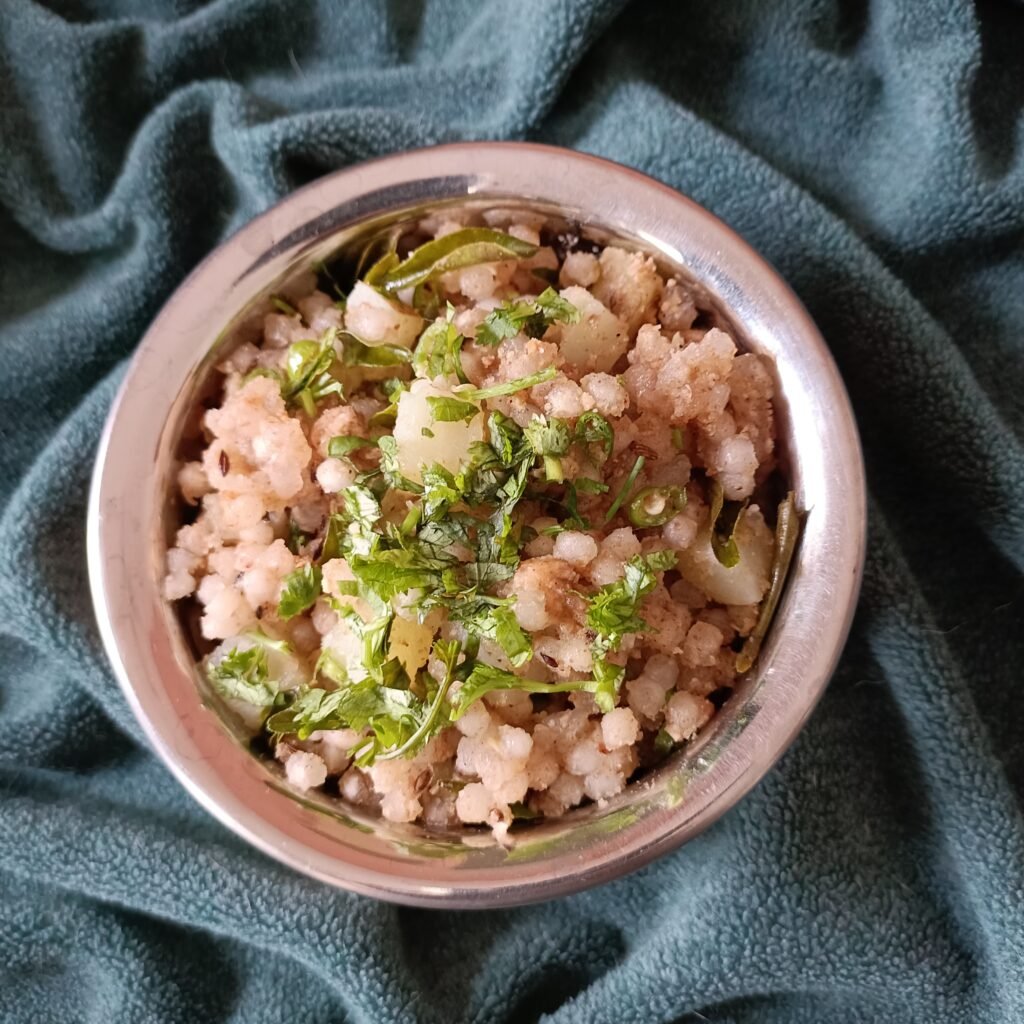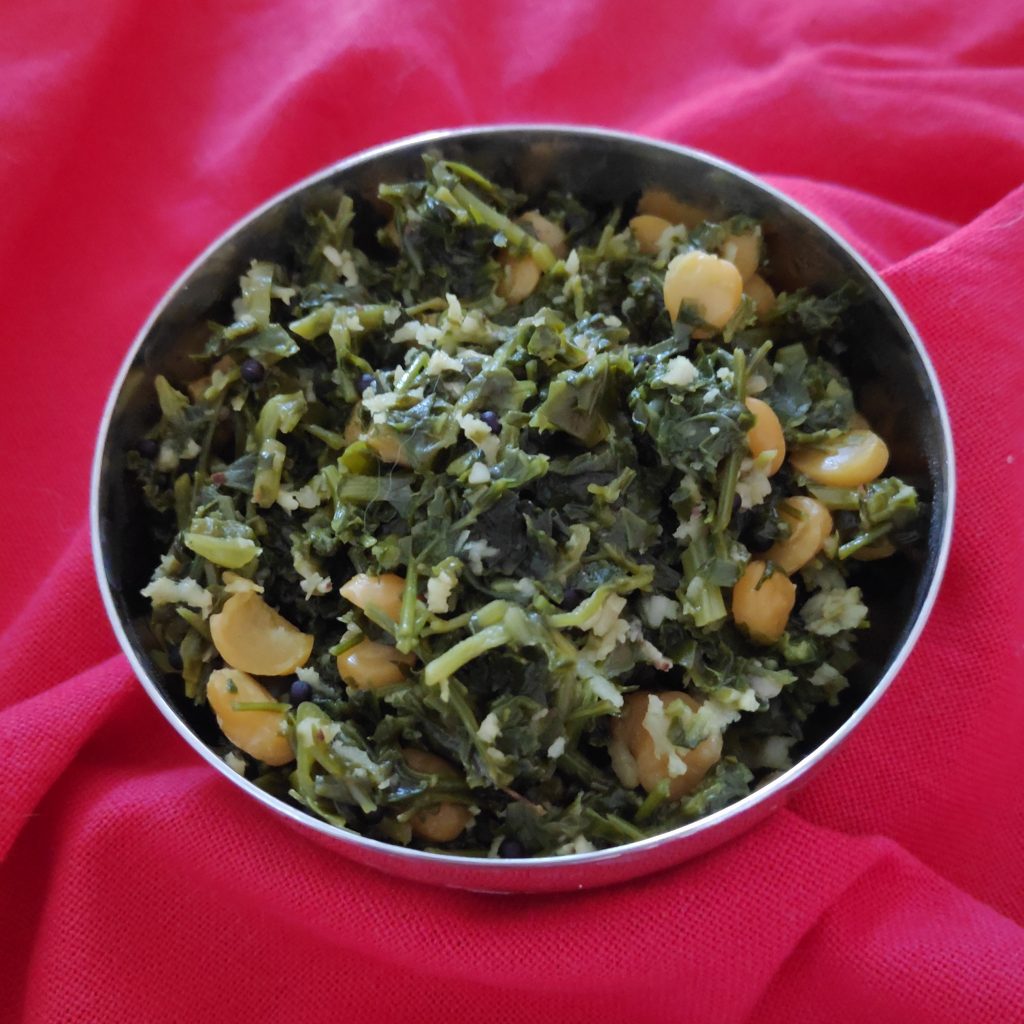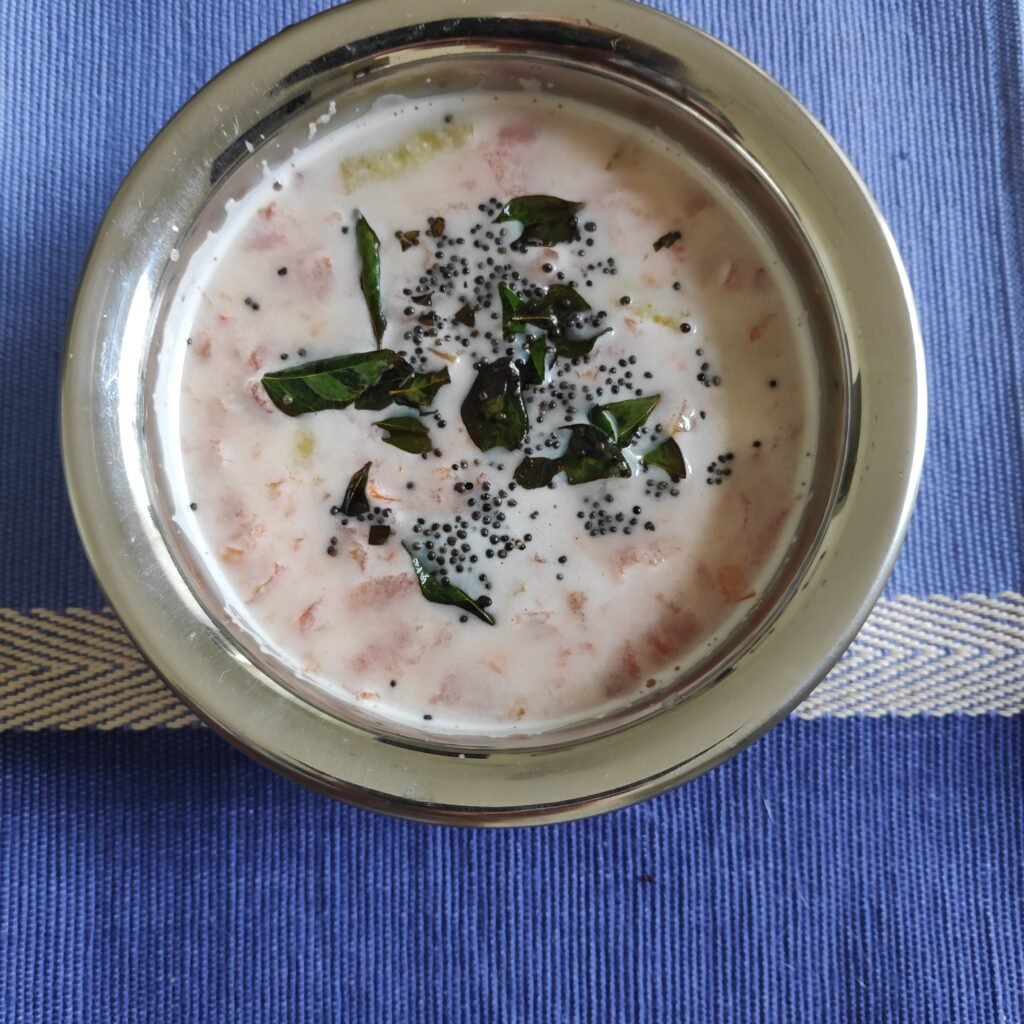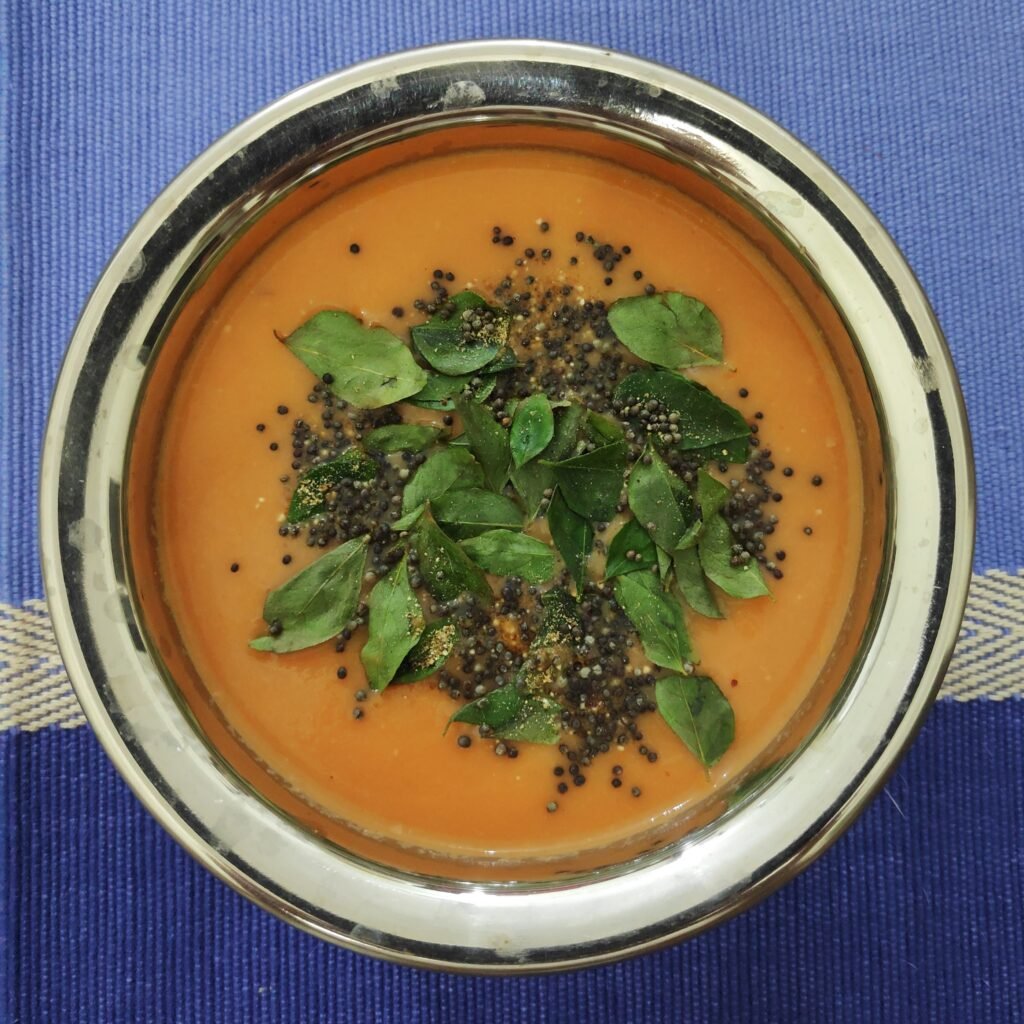
Sabudana Khichdi
Sabudana is high in both calories and carbohydrates and is therefore an excellent source of quick energy. It’s great before a workout because it’s a wonderful source of energy and after a heavy workout as it delays fatigue. It is said to improve endurance too. Just make sure it isn’t made in a lot of oil. Because it is gluten free, it is good for people with Celiac disease as it doesn’t cause any discomfort like bloating, diarrhoea or stomach pain. In fact, the dietary fibre it contains helps digestion. It can help weight gain in a healthy manner if eaten in larger quantities. The high content of potassium in it may help improve heart health by flushing out sodium thus lowering blood pressure. As a great source of calcium, it is fed to babies over a year old to develop stronger bones and may also help prevent osteoporosis.
Peanuts are packed with healthy fat, high-quality protein, and potassium, phosphorous, magnesium, and B vitamins. Peanut skins also contain antioxidants. Peanuts are best eaten raw and not roasted.
Potatoes are rich in compounds like flavonoids, carotenoids and phenolic acids, which are antioxidants and help to neutralize potentially harmful molecules known as free radicals. Potato skins are alkaline in nature so it’s best to leave them on.





